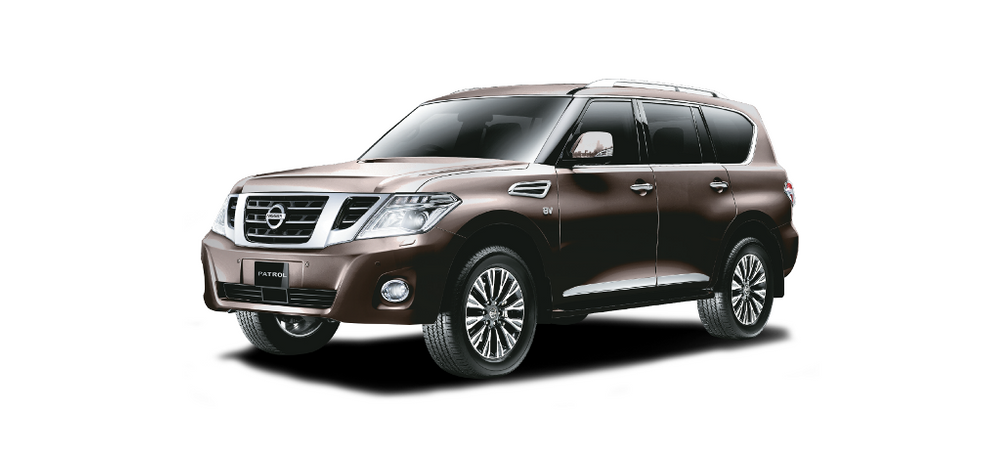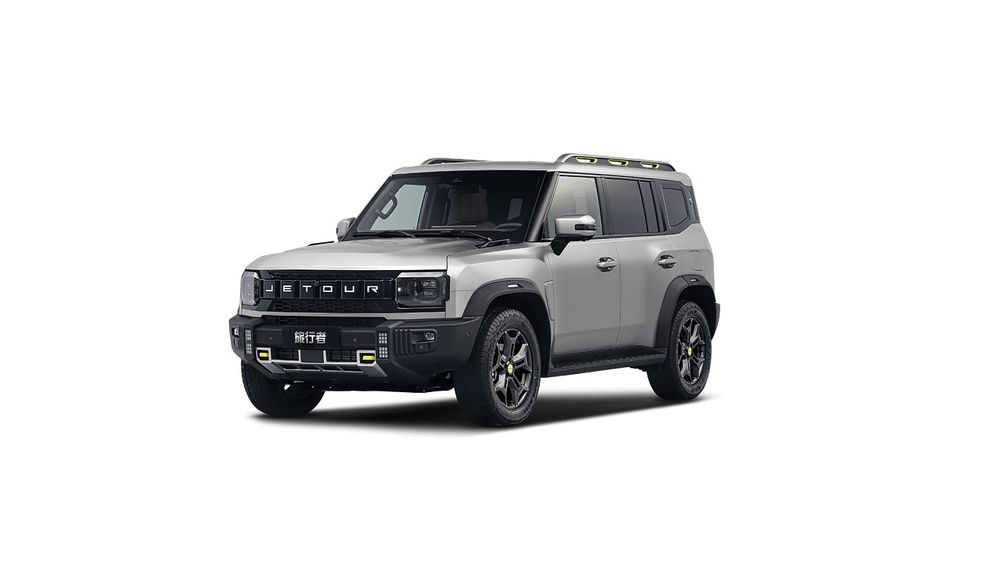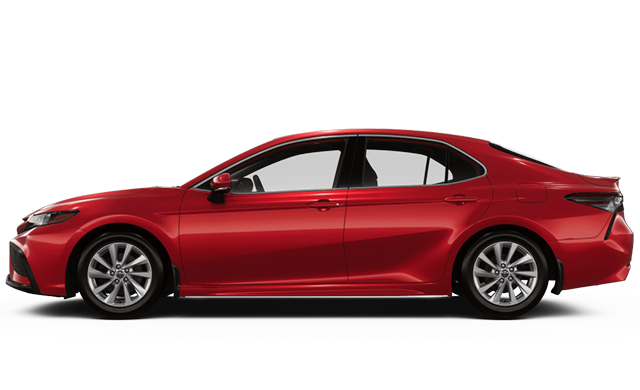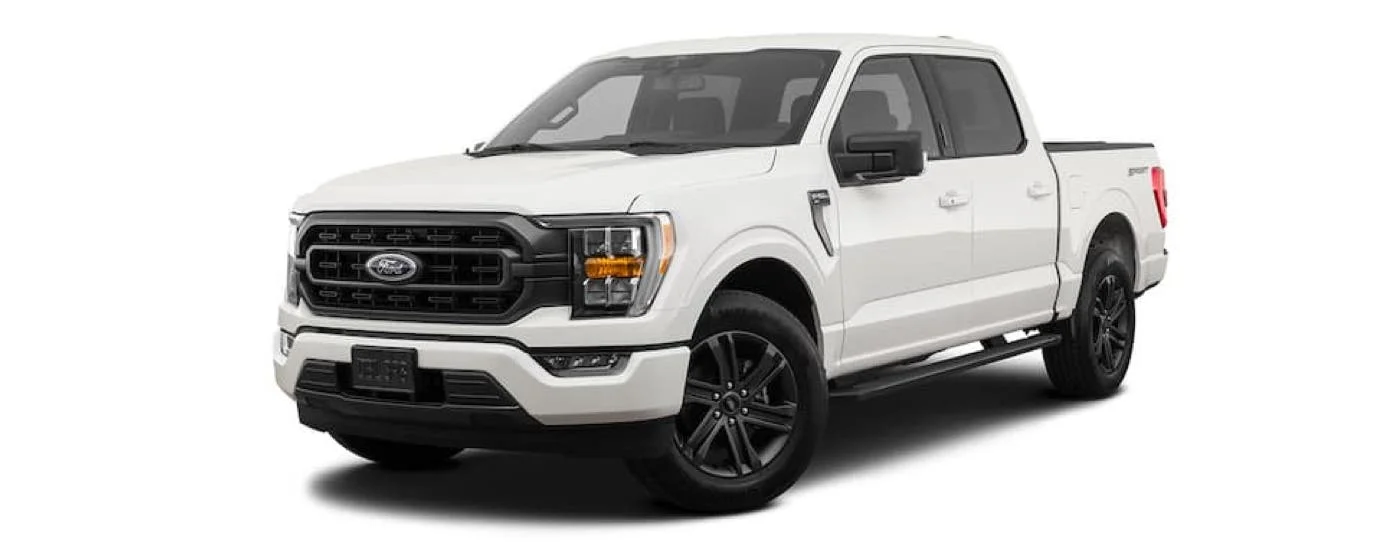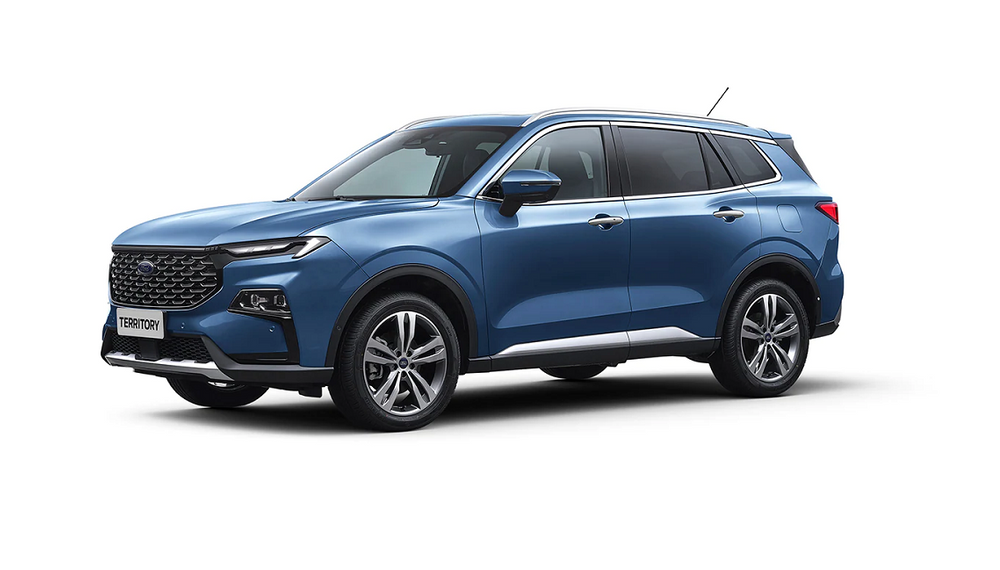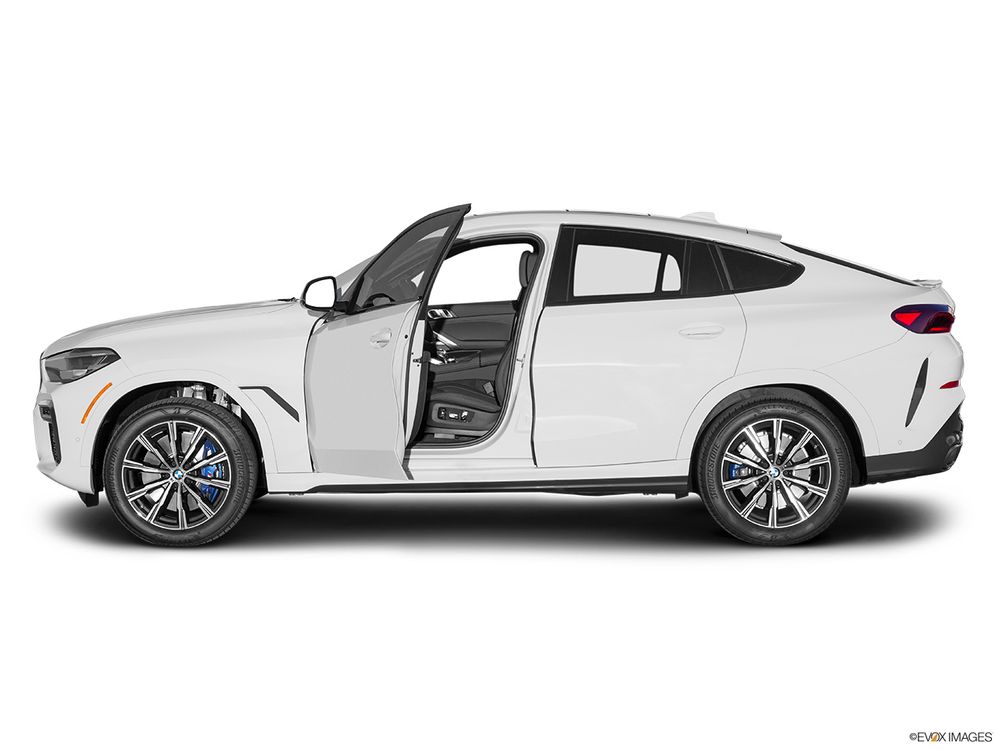Peugeot Brand Heritage: A Legacy of Innovation and Elegance
Published On, Dec 10, 2023 | By YaaraCars Team
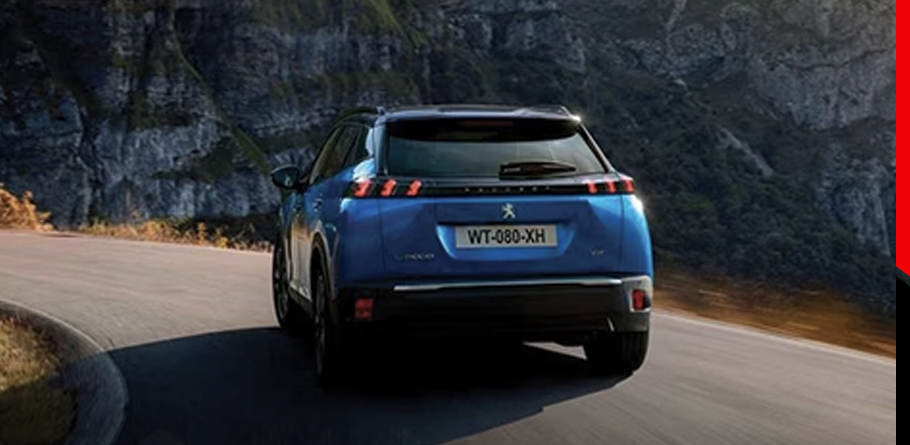
Peugeot, one of the oldest and most iconic automotive brands in the world, has a history steeped in innovation, resilience, and an enduring passion for engineering. With a legacy that dates back more than two centuries, Peugeot’s journey from a family-run business to a global automotive powerhouse is nothing short of remarkable. Peugeot cars are known for their distinctive design, forward-thinking technology, and a commitment to quality. The brand has evolved to become a symbol of French ingenuity in the automotive world.
The Beginnings of Peugeot: From Coffee Mills to Automobiles
The story of Peugeot began in 1810, not in the world of cars but rather in metalworking. Jean-Pierre Peugeot and his family founded the company as a steel foundry, initially producing items like coffee mills, saw blades, and bicycles. The company soon established a reputation for precision and quality, traits that would eventually become core to the Peugeot identity. In 1889, Peugeot took a bold step into the world of mobility, debuting a steam-powered tricycle in collaboration with Leon Serpollet.
Just a year later, Peugeot developed its first petrol-powered vehicle, laying the foundation for the brand's future in the automotive industry. By 1896, Peugeot was producing its own engines, breaking away from relying on third-party suppliers, and establishing itself as an independent automotive manufacturer.
Establishing an Automotive Legacy
Peugeot quickly made its mark in the early automotive landscape by combining cutting-edge engineering with stylish designs. The brand became synonymous with innovation as it introduced new models that pushed the boundaries of what cars could do. In the early 20th century, Peugeot produced its first motorcycles, showcasing its versatility and interest in expanding into various sectors of transportation.
In the 1920s and 1930s, Peugeot continued to innovate by launching models like the Peugeot 201, the first vehicle to use the brand’s now-famous numbering system with a “0” in the middle. The 201 was also one of the first mass-produced cars to feature independent front suspension, which significantly improved handling and comfort, emphasizing Peugeot's commitment to quality engineering.
Post-War Era and Expansion
The post-World War II era marked a period of expansion for Peugeot, with the brand introducing some of its most iconic models. In 1948, the Peugeot 203 debuted as the first unibody car produced by the company, showcasing a new level of sophistication in design and engineering. The 1950s and 1960s saw Peugeot establishing a global presence with models like the Peugeot 403 and 404, which were known for their reliability and understated elegance.
During the 1970s, Peugeot began expanding its influence by acquiring other French automotive brands, including Citroën and the European division of Chrysler. This consolidation allowed Peugeot to grow and diversify its offerings, catering to different segments of the automotive market.
Racing Success and Technological Advancements
Peugeot’s heritage is not only defined by its production cars but also by its long history in motorsport. Peugeot began its racing journey in the early 20th century, and its participation in events like the Indianapolis 500 and the 24 Hours of Le Mans cemented its reputation for engineering excellence. The Peugeot 905 prototype racer triumphed at Le Mans in the early 1990s, showcasing the brand’s prowess in performance engineering.
Peugeot also made a significant impact in rallying, with the Peugeot 205 Turbo 16 dominating the World Rally Championship in the 1980s. This success on the track translated into the brand’s road cars, as Peugeot began to develop a range of sporty, fun-to-drive vehicles that became popular with driving enthusiasts.
A Commitment to Design and Sustainability
Peugeot has always prioritized design, creating vehicles that are not only technologically advanced but also visually striking. The brand's design philosophy has evolved over the decades, with Peugeot’s latest models bringing a fresh take on aesthetics. Peugeot's i-Cockpit, introduced in recent years, exemplifies its focus on combining futuristic design with driver-centric functionality, enhancing the overall driving experience.
In the 21st century, Peugeot has taken significant steps toward sustainability, recognizing the importance of environmental stewardship. The brand has embraced electrification, introducing hybrid and electric models that combine performance with eco-friendly technology. The Peugeot e-208 and e-2008 are examples of the brand's commitment to offering greener mobility solutions without compromising on style or performance.
Peugeot Today: A Global Icon of Innovation
Today, Peugeot is part of Stellantis, one of the largest automotive groups in the world, but it remains distinct in its dedication to blending elegance, performance, and practicality. With a presence in over 160 countries, Peugeot continues to grow its global footprint, appealing to a diverse audience of drivers who appreciate its blend of French flair, engineering excellence, and a deep-rooted commitment to quality.
Peugeot’s brand heritage is a testament to its adaptability and vision. From producing steel goods in the 19th century to leading the charge in electrification today, Peugeot has continually evolved to meet the needs of the modern driver. As the brand moves towards an electric future, it remains true to the values that have defined it for more than 200 years: innovation, craftsmanship, and a passion for excellence.
Peugeot's enduring legacy is not just about making cars—it is about creating experiences that bring joy, excitement, and convenience to people's lives. The brand's commitment to innovation, both on and off the road, ensures that Peugeot will remain a significant player in the automotive world for many years to come.

Peugeot Expert
Available Versions: 36


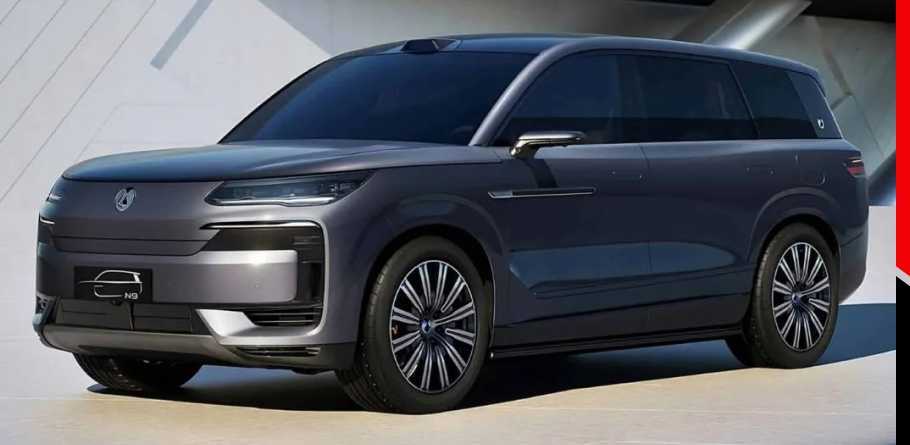
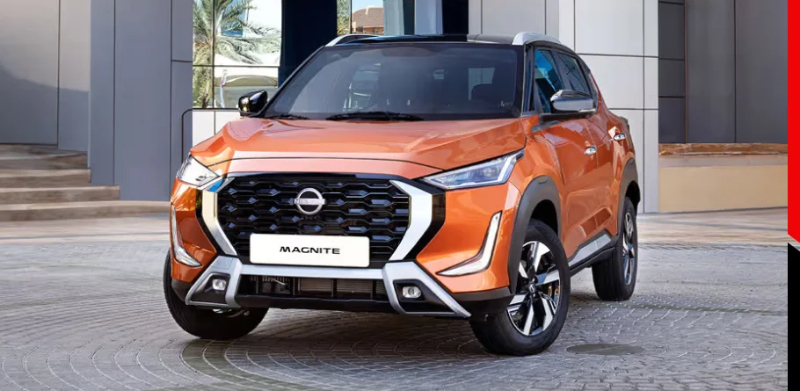
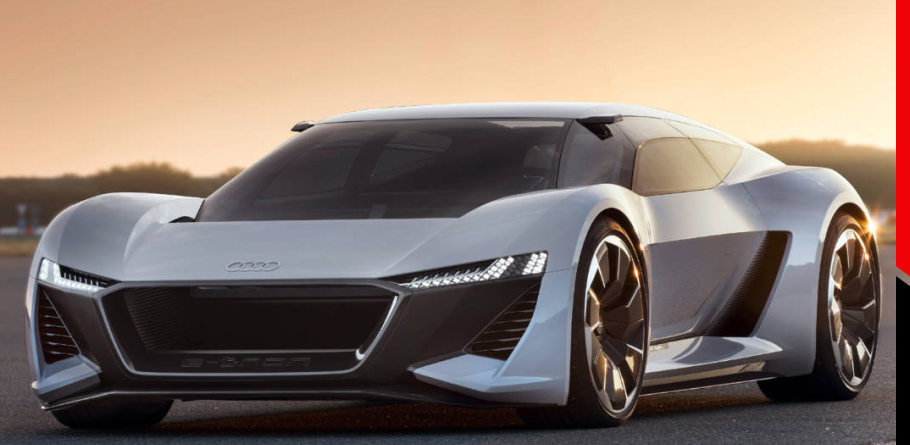
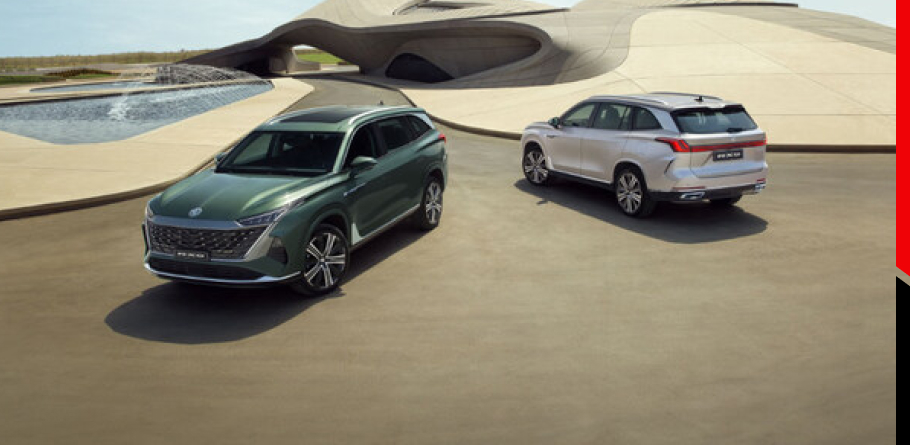
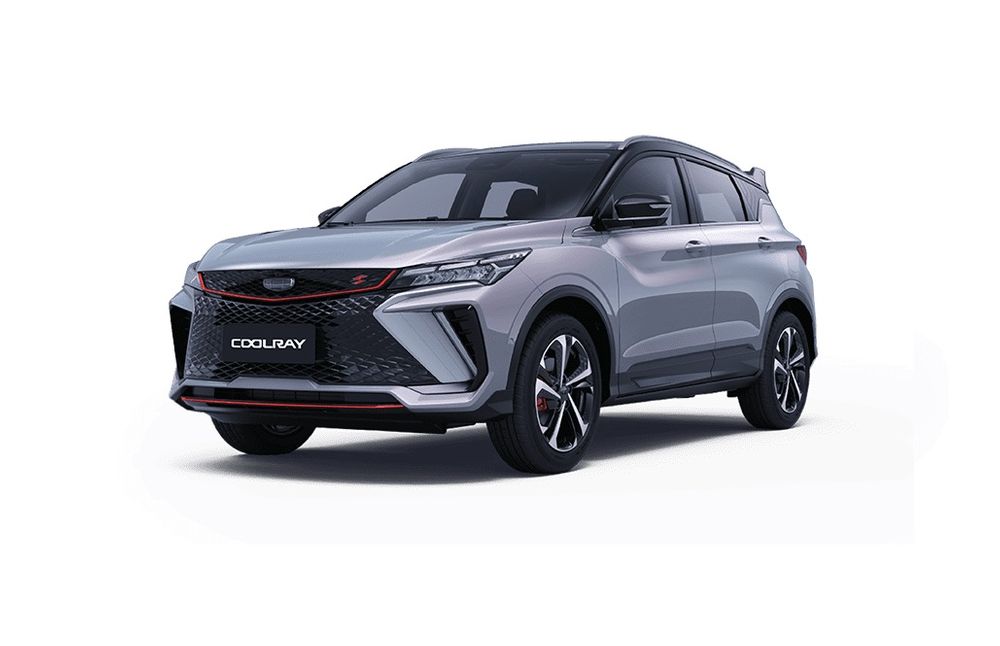
.jpg)

